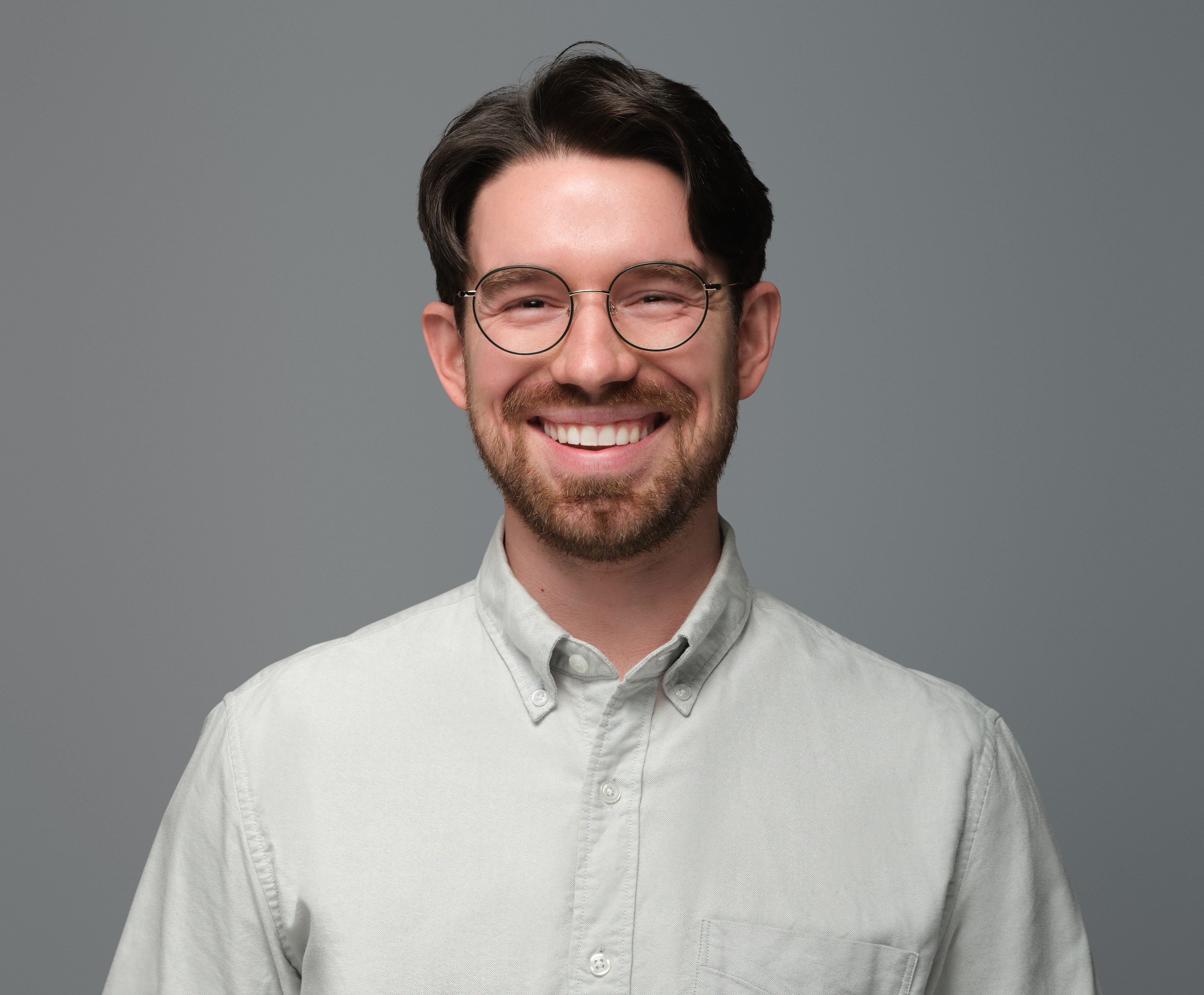David Rémy Bellamy

I am a Harvard PhD and Research Engineer independently researching ways to improve how LLMs learn.
Previously, I was a founding AI researcher at Lila Sciences working on scientific superintelligence.
Latest: Hitting the Noise Floor: SFT vs GRPO-Clip on GSM8k (W&B report, Code)
News
12/2025: New write-up: “Hitting the Noise Floor: SFT vs GRPO-Clip on GSM8k.” A controlled comparison of SFT vs RL (GRPO) training dynamics on GSM8k. (Report & Runs | Code)
5/2025: I left Lila to pursue independent research in RL!
12/2024: We publicly launched our company Lila Sciences!
12/2024: Labrador was awarded the 2024 Machine Learning for Health (ML4H) Best Paper Award.
11/2024: Labrador was awarded an oral spotlight presentation at ML4H 2024.
10/2024: DAG-aware Transformer accepted at NeurIPS 2024 workshop on Causal Representation Learning.
06/2023: Conformal prediction with LLMs accepted at ICML 2023 workshop on Neural Conversational AI.
05/2023: Joined Lila Sciences as employee #1 and founding AI researcher.
05/2023: I defended my PhD on the 2nd of May. My thesis is here. Thanks to my examination committee Andrew Beam, Tianxi Cai and Leo Celi.
09/2022: Deep learning for proximal inference paper accepted at NeurIPS 2022 main conference.
07/2022: Began consulting with Artera.ai on a causal machine learning project for precision treatment decision-making.
06/2022: Structural characterization of shortcut features accepted by the European Journal of Epidemiology.
05/2022: I completed my Masters of Science in Biostatistics at Harvard University.
03/2022: Began teaching Harvard’s Deep Learning course at the Medical School.
01/2022: Attended the Causality Boot Camp at The Simons Institute for the Theory of Computing.
01/2022: I was awarded the Harvard Department of Epidemiology’s UCB Pharma Fellowship.
09/2021: I was selected as a founding member of the Harvard CAUSALab by Miguel Hernan and James Robins.
08/2018: Started my PhD in Biostatistics & Epidemiology at the Harvard School of Public Health.